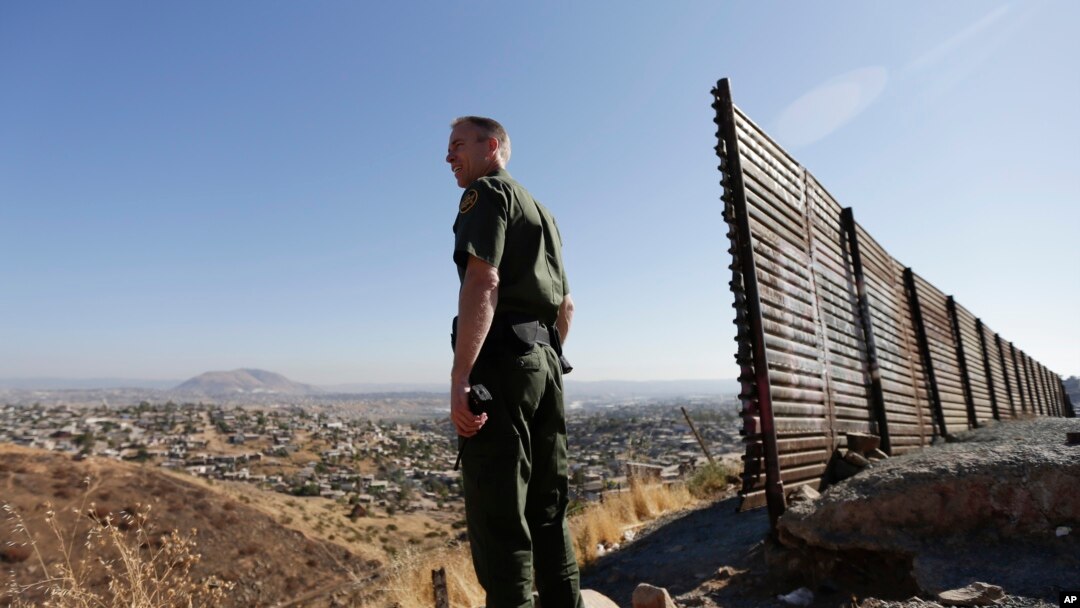Mexican Foreign Secretary Marcelo Ebrard is set to meet Tuesday with U.S. Vice President Mike Pence and other officials to discuss Mexico's efforts to reduce the number of migrants arriving at the U.S. southern border.
The talks come a day after U.S. Customs and Border Protection announced the number of migrants intercepted at the U.S.-Mexico border fell 22% in August, and said the drop was due to greater cooperation from Mexico.
CBP acting Commissioner Mark Morgan said the number of migrants taken into custody or turned back at the U.S.-Mexico border numbered 64,000 in August. He said that was a 22% drop from July and a 56% fall from a peak in May.
Despite the drop in crossings, arrest figures in August were still the highest for the month in more than a decade and 17,000 higher than the same period last year.
Morgan told reporters at the White House that Mexico has "stepped up unprecedented ways" and have been "a real partner" with the United States since a June enforcement agreement between the two countries.
However, he said "we know the numbers could spike upwards," and said "we need Mexico to do more." Morgan expressed concern about Mexico "sustaining the level of commitment they have."
Morgan also urged the U.S. Congress to pass an overhaul of immigration laws, saying that is the only long-term solution to the issue. "As a country, we can’t rely upon other countries" to deal with the crisis on our southern border, he said.
When asked if the United States was seeking a so-called "safe third country" agreement with Mexico, Morgan said "we are reaching across the aisle ... to come up with a cooperative agreement." A safe third country agreement between the U.S. and Mexico would mean that refugees from Central American countries would be required to seek protection in Mexico instead of the United States.
However, Ebrard said Monday on Twitter that "Mexico is not and will not accept" a safe third country designation.
After border arrests spiked in May at more than 144,000, U.S. President Donald Trump threatened tariffs against Mexico unless its government did more to stop the flow of migrants. Mexico pledged to cooperate and deployed thousands of national guard troops to the border to stop Central American migrants heading north.



